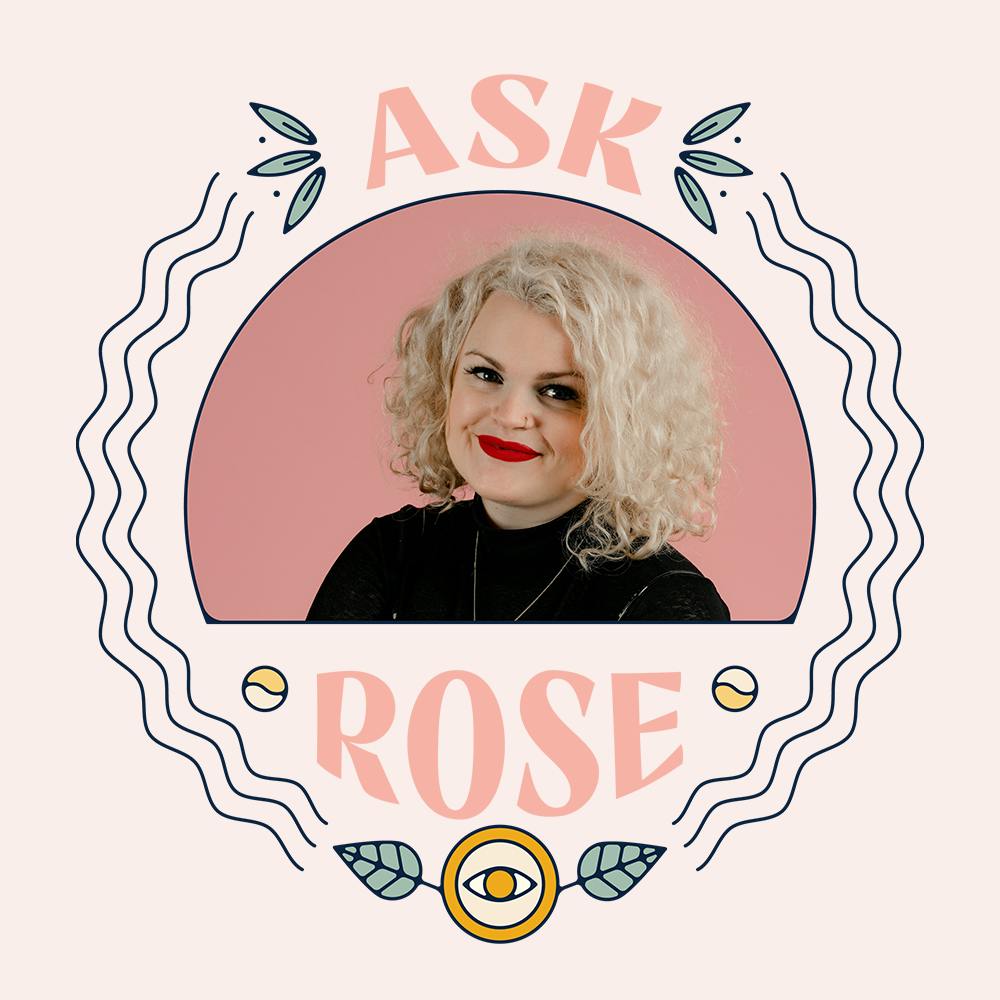Illustrated by Sabrina Bezerra
Q. I recently made a new straight friend. She has been very "physical" since the beginning, asking me to sleep over, texting me all the time and being super nice to me. She is well aware I am a lesbian and even though I am obviously able to have straight friends, I do believe there have to be certain boundaries. I can’t work out if she is just playing with me – or treating me as her queer experiment. I took some distance to protect myself but she got really upset. Am I wasting my time trying to be friends with her or should I just tell her how I feel?
If had a pound for every time a queer friend has told me an iteration of this story, I’d be able to solve the gender pay gap by now. Unfortunately I can’t, and this is still a very real and frustrating problem for you and many other LGBTQ+ people.
I wanted to make sure that I got another woman who identifies as queer on board to help me to answer this, and so I called on my friend, sex educator and Brook ambassador, Ruby Rare.
Trust your gut
My first thought upon reading your email was “trust your instincts on this one,” and so was Ruby's. If something feels iffy to you about the way this friend is acting, then that probably means something between you is ill-defined, and she’s knowingly or unknowingly exploiting that.
We all take advantage of grey areas here and there, more often when talking about something out loud feels difficult for us.
Your friend is probably not being malicious here – rather, she may be confused and not confronting her own feelings.
“In these situations, a lot of it comes down to miscommunication and people not saying how they feel, and they often involve people who are still trying to figure out what their identity is,” says Ruby.
“Regardless of your sexuality, everyone completely has the right to explore their sexuality to the fullest in whatever way works for them,” Ruby continues, “but I’m a big believer in being very up front with the other people you are potentially involving in any experimentation.”
Without this transparency, it is difficult for the person on the receiving end to give full and informed consent.
Talk about boundaries

It looks like you have not yet crossed any boundaries in terms of physical intimacy, so you’re in a good position to have this conversation. First, though, you need to be really clear on how you feel. Take your time and don’t rush this – if that means taking space from your friend, then do so.
Of course, the responsibility shouldn’t solely be on you to address what is happening between you both, especially given that you appear to have been upfront and clear about your sexuality from the start.
As Ruby says, it’s also very fair if all of this throws up any difficult memories and experiences you might have had yourself when coming to terms with your own sexuality. If this is the case then of course, it makes sense to step back and protect yourself.
If you do have the emotional wherewithal to bring up these difficult conversations (no judgement if you don’t), know that you have the power at any point to lay down your own rules or boundaries. In this situation that might mean no more sleepovers, or avoiding certain topics.
“
You have the power at any point to lay down your own rules.
Remember also that boundaries aren’t fixed and are subject to change, so you can adjust them whenever and if ever you need to – just be sure to communicate this with your friend.
“If there are people in your life who are unable to give you the information you need to feel safe, then the answer might be protecting yourself – if that means taking a step back and explaining to your friend why that is, that’s completely fair,” Ruby says.
Of course there’s always the option that this all goes a different way, too! It’s very possible your friend will appreciate your initiative in bringing this all up, and having an honest conversation will be able to establish good, healthy boundaries if you and your friend do both want to explore your feelings.
“A nice thing to do would be to think of all of the options available if you do decide you want to keep the friendship – what are all the boundaries you could put up to help you to feel OK in this situation? Knowing you have lots of options will help you feel like you have more agency in the situation,” says Ruby.
Walk it out, talk it out…
When it comes to how to bring up a conversation like this, Ruby recommends warning your friend in advance so you can make sure you’re not catching them off-guard.
However you decide to bring it all up, feeling comfortable is key, so make sure you lean into your own communication preferences. Not a face-to-face talker? Me neither. Maybe you’d prefer to write it all out in an email or a DM – or maybe you’re a voice note kinda person.
And if you do decide to do it face-to-face, Ruby suggests going for a walk with your friend, which she says can help to break the ice.
“There’s not so much direct eye contact when you’re both walking and it’s a really rhythmic way of getting the conversation going,” she says.
Connect with your community
At times like this it can be really helpful to reach out and speak to people who understand what you’re going through.
Ruby advises you speak to queer friends about what you’re experiencing, as they will be sure to have either walked this invisible tightrope beforehand or helped a friend do so.
“
Reach out and speak to people who understand what you’re going through.
“When we look at these things in isolation it can feel like there’s a lot of pressure on you to get it right or to know what to do, but actually if you speak to other queer people in the community, you realise that we learn so much by sharing insight when it comes to interactions like this.”
This is a very tricky situation to navigate for anyone, but we believe in you. The key steps are taking space, talking to supportive friends, working out your boundaries and enforcing them.
Fingers crossed whatever outcome you desire comes your way!






